If you belong to a legal fraternity in any way, or even if you are a citizen who is aware of the happenings in your society, you would have not missed the name, ‘His Holiness Kesavananda Bharati’. Or you would have heard it at least once in your lifetime. This name is relevant to the most famous case which is called “the savior of the Indian Constitution”.
It is more popularly known as the "Fundamental Rights" case which is remarkable in tons of ways. The case is His Holiness Kesavananda Bharati Sripadangalavaru V. State of Kerala. In Nani Palkhivala's words, "History will look upon this case as the greatest contribution of the Republic of India to constitutional jurisprudence."
This case needs no occasion to be discussed. It has been critically analyzed by scholars, studied by students, and researched by writers who brought it in front of a large audience through their writings. So, even though it is a pleasure, my writing on this case will not make much of a difference.
Yet, I am attempting to do so in the memory of Late His Holiness Kesavananada Bharati Sripadangalavaru, who passed away on the fateful morning of 6th September 2020 in his Edneer mutt of Kasargod district in Kerala. He was 79.
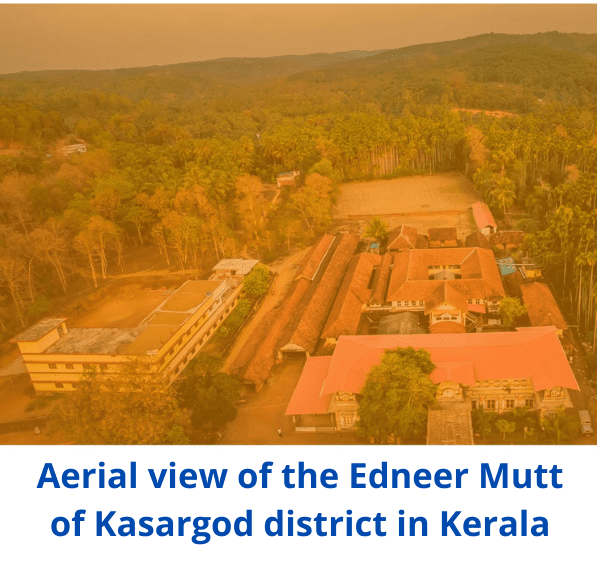 We all know more or little about the case, but very few people know about the personal life of Kesavananda Bharati. He was born on 9th December 1940. Like everybody else, I was also curious to know why he was respected with the title of ‘His Holiness’. He was referred so because he was a peetadhipati (chief patron of a religious sect) and headed the Edneer Mutt which was started by the devotees of Sri Adi Sankaracharya. He took sannyasa at the age of 19 and was heading the mutt since then.
We all know more or little about the case, but very few people know about the personal life of Kesavananda Bharati. He was born on 9th December 1940. Like everybody else, I was also curious to know why he was respected with the title of ‘His Holiness’. He was referred so because he was a peetadhipati (chief patron of a religious sect) and headed the Edneer Mutt which was started by the devotees of Sri Adi Sankaracharya. He took sannyasa at the age of 19 and was heading the mutt since then.
Besides being actively involved with the religious, art, social, and cultural activities, he was also a great Carnatic and Hindustani vocalist, and master of all sections of Yakshagana - traditional theatre art form. He also wrote many devotional songs and dramas. Under his guidance, the mutt instituted a Kannada Medium School, a Junior college, and the Vidyamandira English Medium School at Edneer. It also operates a Sanskrit Veda Patashala and conducts several cultural and art festivals annually.
In 2018, Kesavananada Bharati was conferred with the VR Krishna Iyar Award which was presented by P. Sathasivam - the then Governor of Kerala, and a former Chief Justice of India.
In 1970, Kesavananda had filed a case challenging the Kerala government’s attempts to impose restrictions over the mutt property via Land Reform Acts to distribute land among landless farmers. The revenue generated from the said land was the only source to run his mutt. He also challenged Constitutional amendments 24, 25, and 29 giving parliament the power to alter fundamental rights.
Both the 24th and 25th amendments were made to overrule the judgment of Golak Nath (1967) which held that the parliament has no power to alter the fundamental rights and even the right to property. The 29th amendment was about putting land reform laws in the ninth schedule and protecting them from challenging on the ground of violation of fundamental rights. Kesavananda argued that these three amendments breached his fundamental rights under Article 25 (right to practice and propagate religion), Article 26 (freedom of religious denomination, including managing and administering its property), and Article 31 (right to property).
He was not the only petitioner in this historic case. Two erstwhile rulers and some mining, sugar, and coal companies filed in all six writ petitions and there were 20 interveners. This marathon hearing of 68 days was heard by a 13 judges’ bench, the largest Bench in the history of the Supreme Court.
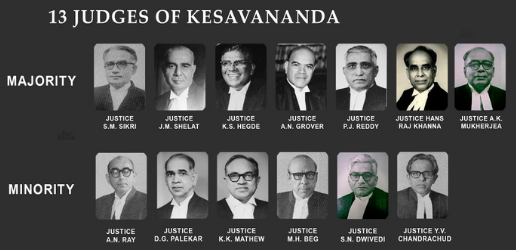
The core question involved in the case was, "did the parliament have unlimited power to amend the Constitution as per Article 368 or were there any implied or inherent limitations on such amending power?" On 24th April 1973, the Supreme Court - by a 7:6 majority - held that "The power of the parliament is not unlimited and that the amending power cannot be used to alter the basic structure of the essential features of the Constitution."
Kesavananda Bharati was represented by the legendary lawyer Nani Palkhivala. He single-handedly argued the case to its wafer-thin victory. H.M.Seervai appeared for the state of Kerala and the Union was represented by the then-attorney general Narain De, and the then Solicitor general Lal Narain Sinha.
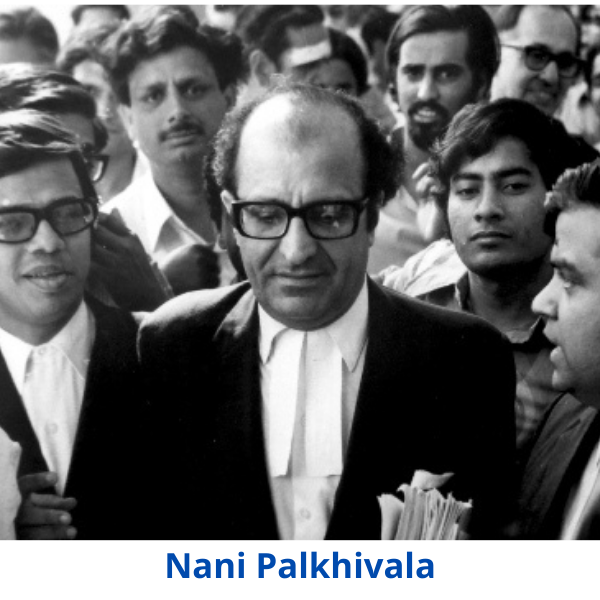 In the book Nani Palkhivala: The courtroom genius, it is stated that: "Ironically, Kesavananda Bharati neither met Palkhivala nor even spoke to him". Nani Palkhivala was famous for his consequence-based arguments. While arguing for Kesavananda Bharati, he repeatedly referred that Hitler had been allowed to amend the Constitution and the world knows what followed in Germany.
In the book Nani Palkhivala: The courtroom genius, it is stated that: "Ironically, Kesavananda Bharati neither met Palkhivala nor even spoke to him". Nani Palkhivala was famous for his consequence-based arguments. While arguing for Kesavananda Bharati, he repeatedly referred that Hitler had been allowed to amend the Constitution and the world knows what followed in Germany.
For an easy understanding, the case of almost 700 pages can be broadly summarized in five essential principles:
1) The 24th Amendment was upheld, that is, Parliament was given the power to amend any part of the Constitution without altering the basic structure.
2) The 25th amendment replacing the word 'compensation' with 'amount' in article 31 (right to property) was also upheld.
3) The 25th amendment, which inserted Article 31C, was also upheld except the part that was taking away the right of judicial review.
4) The 29th amendment, which included two Kerala reform laws in the Ninth Schedule, was upheld.
And finally, the Supreme court added that parliament cannot alter the basic structure or framework of the constitution.
So, it is relevant to note that except formulation of the basic structure theory and imposing limits on the power of the Parliament, the Union of India succeeded on virtually all other points. But still, an unskilled effort was made to review the Kesavananda Bharati case as it restricted the power of parliament. In 1975, during the emergency era, the then Chief Justice Ray (who was vehemently appointed by superseding three senior judges of the Supreme Court - Shelat, AN Grover, and K A Hegde) passed a written order constituting a bench of 13 judges with a pathetic attempt to overrule Kesavananda Bharati. The hearing was scheduled without any request from any party. Nani Palkhivala filed a proposition in the Supreme Court against the government's plea that Kesavananda's case should not be overruled.
He proposed:
Firstly, the election appeal of Prime Minister Indira Gandhi was disposed of, and the court struck down the part of the 39th Amendment that prevented the election of a Prime minister from being questioned in a court of law. This was due to the impact of the Kesavananda Bharati case limiting the power of parliament. If parliament had given the unlimited amending power, then the judgment in Indira Gandhi's case would have been altogether different.
Secondly, he proposed that there exists no jurisdiction for reconsidering a ruling which has been arrived at the fullest and the most detailed consideration. He added that it will be inappropriate to reconsider the case during an emergency, as there is no opposition to have a check on the unwise amendments. But on 12th November 1975, as soon as the bench assembled, the Chief Justice announced that “this bench is dissolved”, and it remained a mystery that why the review bench was constituted.
 Ultimately, though the verdict of Kesavananda Bharati did not result in individual relief to Bharati - since the right to property was not recognized as a fundamental right - the case led to the formulation of an important constitutional doctrine limiting the amending powers of Parliament. He was asked in an interview that what was his opinion about the judgment. Kesavananda mentioned that he never knew the legal complications and rather never went to witness the proceedings. He added that they faced a lot of difficulty in managing the mutt due to lack of revenue but was satisfied to know that a lot of people benefited from the verdict.
Ultimately, though the verdict of Kesavananda Bharati did not result in individual relief to Bharati - since the right to property was not recognized as a fundamental right - the case led to the formulation of an important constitutional doctrine limiting the amending powers of Parliament. He was asked in an interview that what was his opinion about the judgment. Kesavananda mentioned that he never knew the legal complications and rather never went to witness the proceedings. He added that they faced a lot of difficulty in managing the mutt due to lack of revenue but was satisfied to know that a lot of people benefited from the verdict.
His Holiness Kesavananda Bharati Sripadangalavaru is no more, but his name will remain immortal!
- Adv. Prachi Patil
ppprachipatil19@gmail.com
Tags: kesavananda bharati legal political fundamental rights constitution adv prachi patil judiciary supreme court Load More Tags

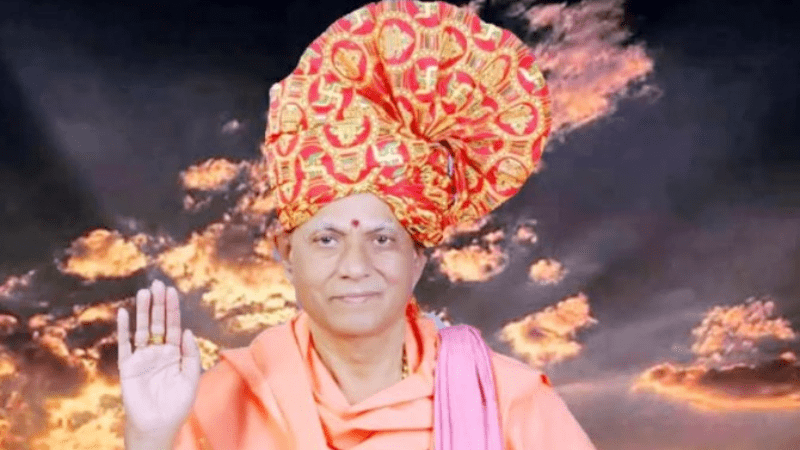


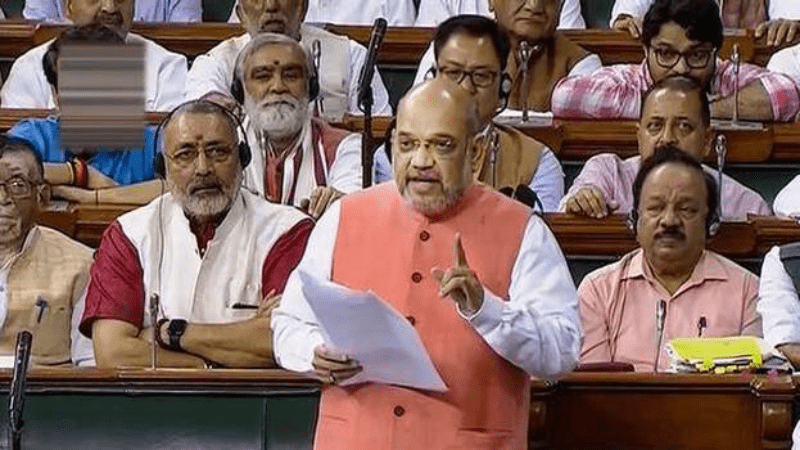
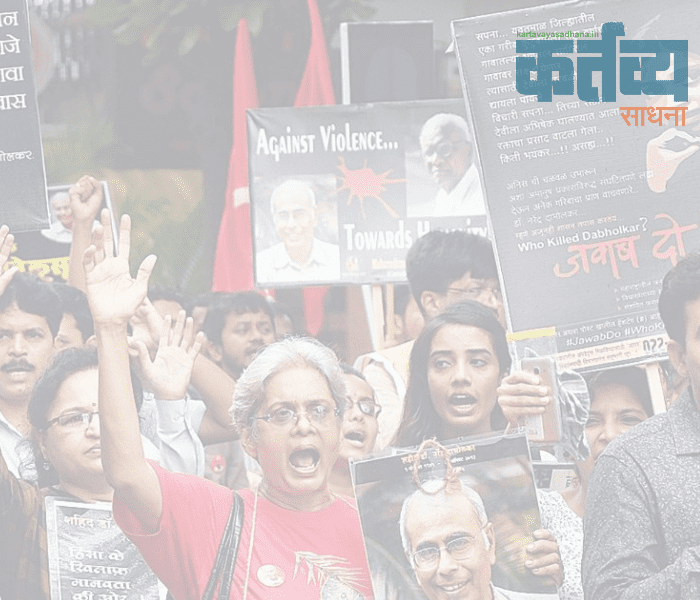
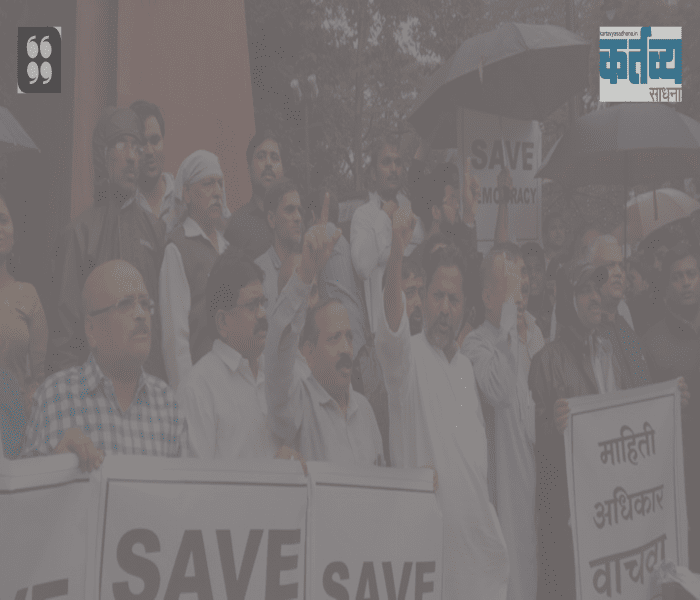
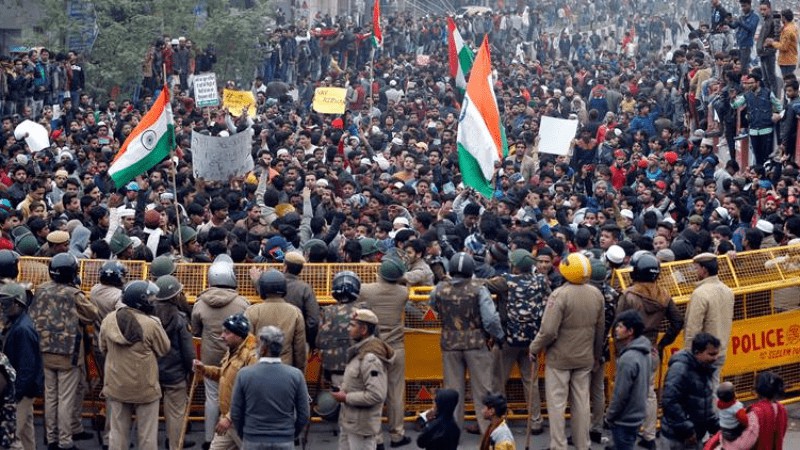
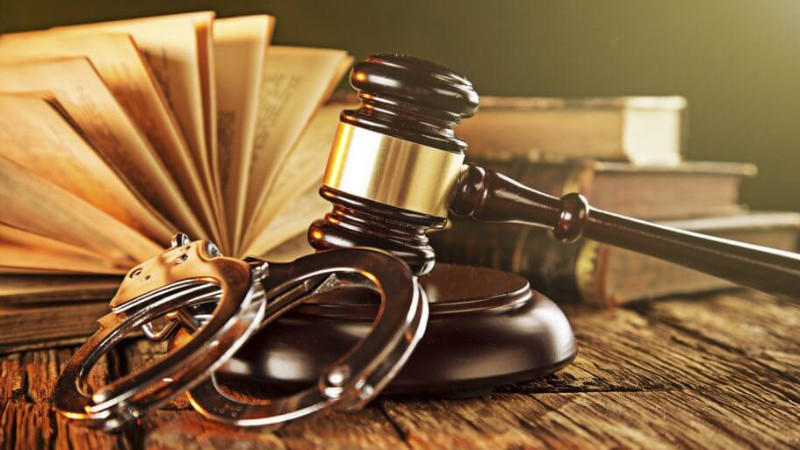
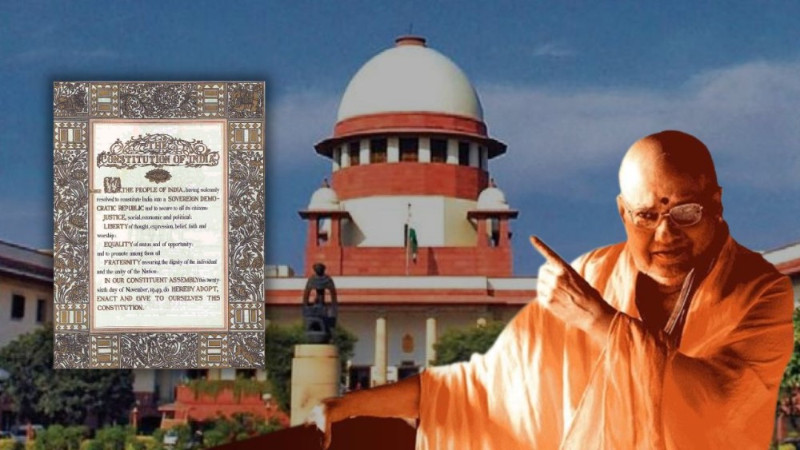
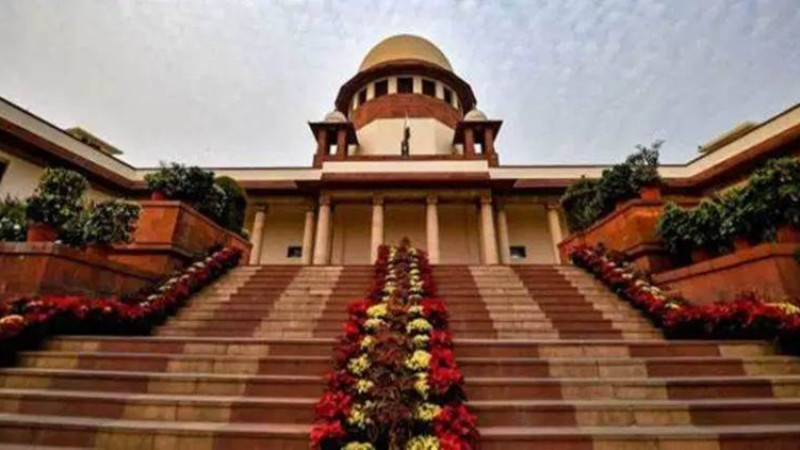
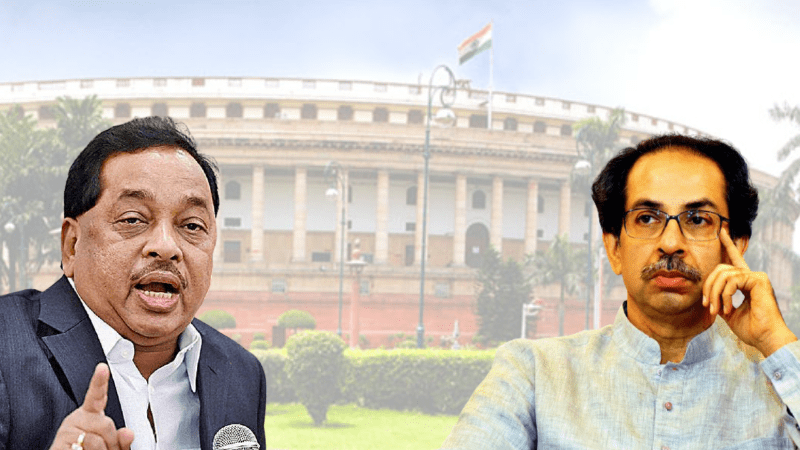
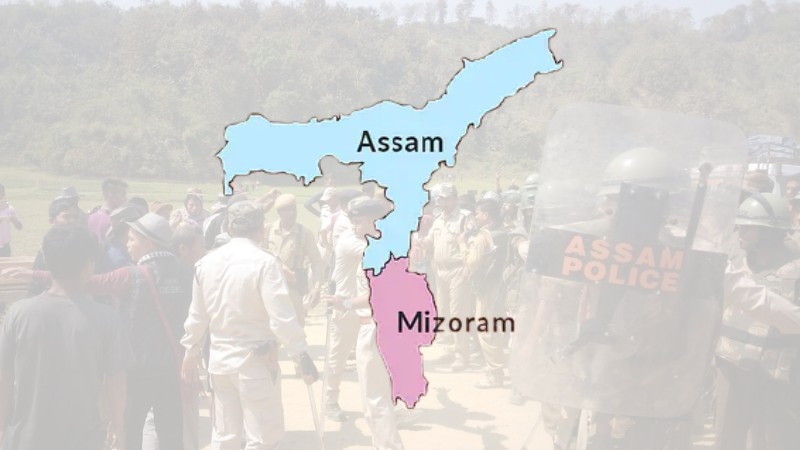
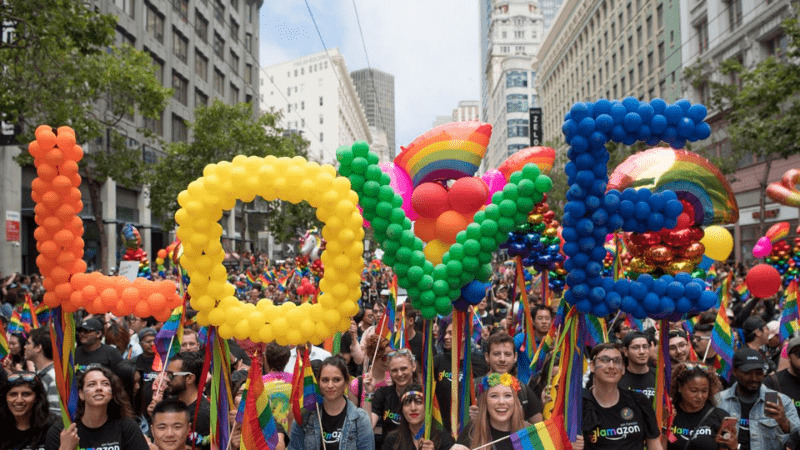
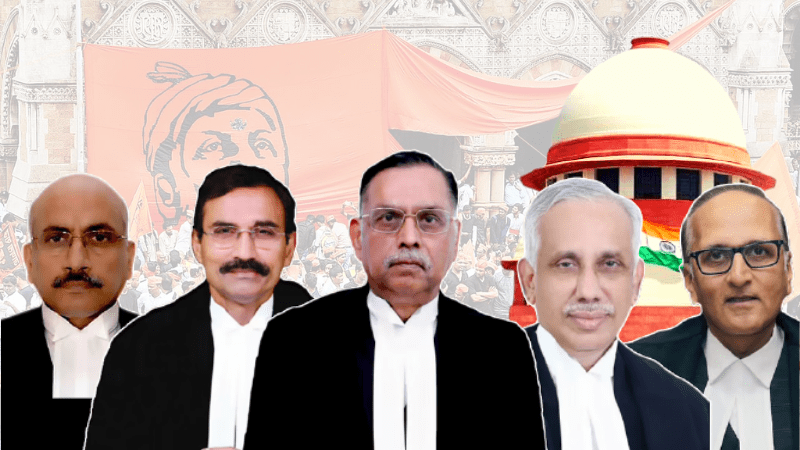


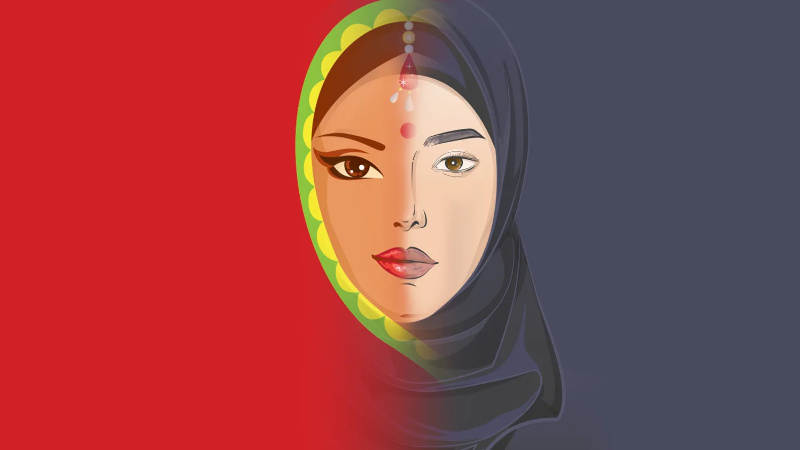
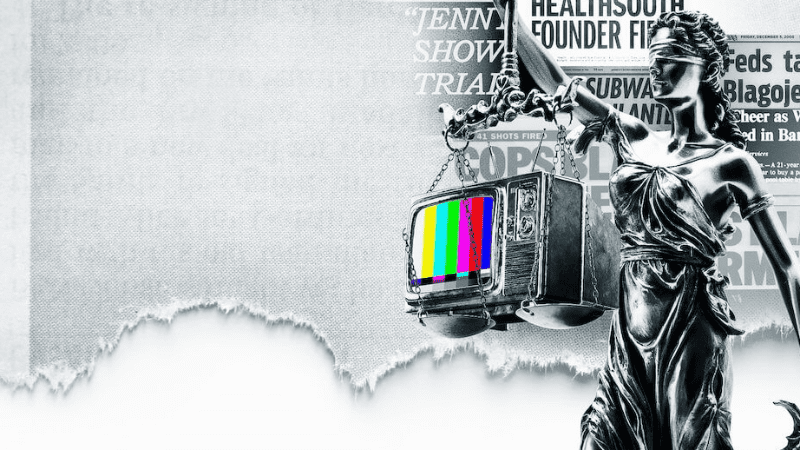

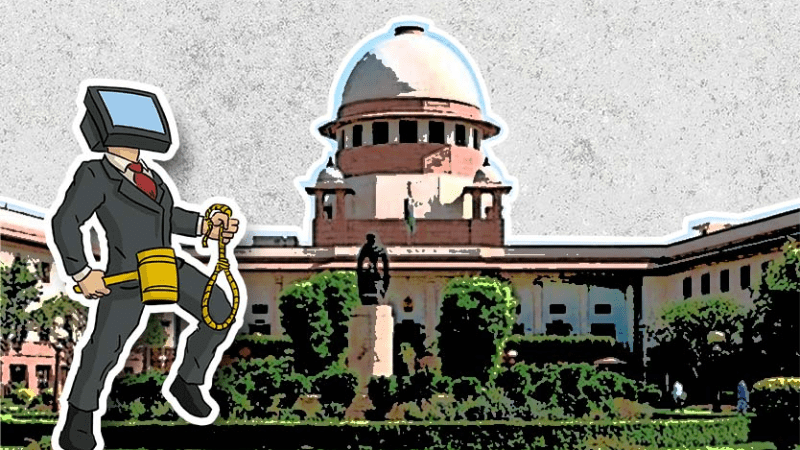

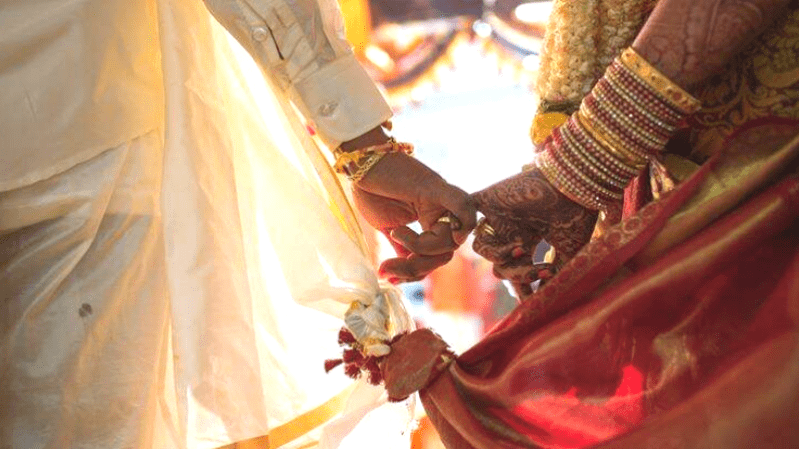
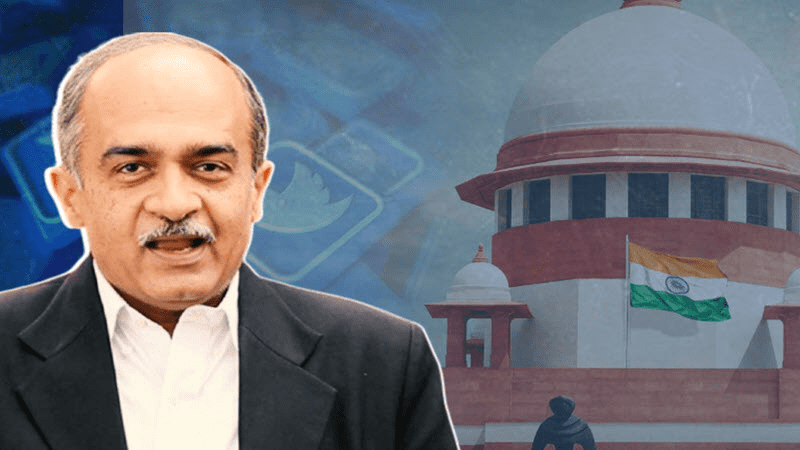
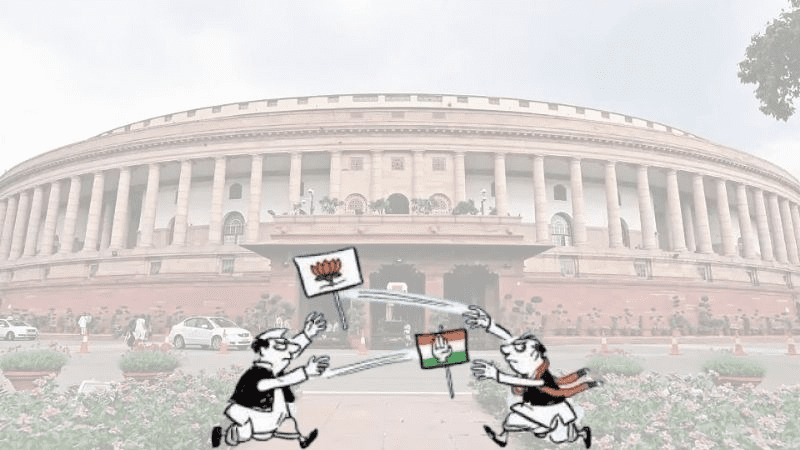
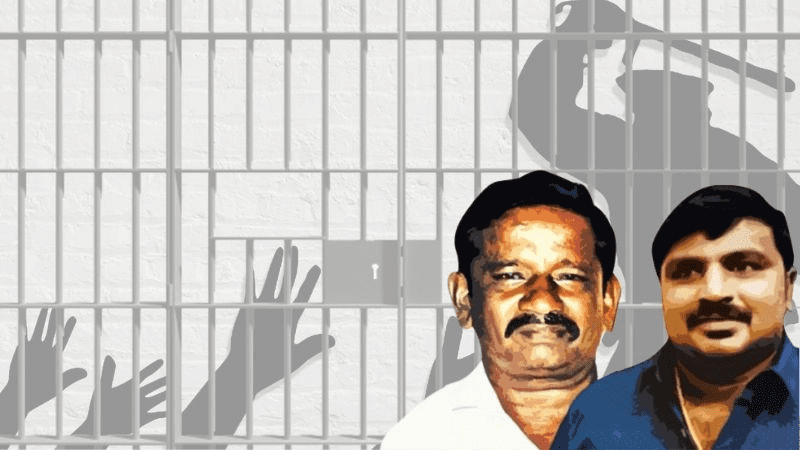
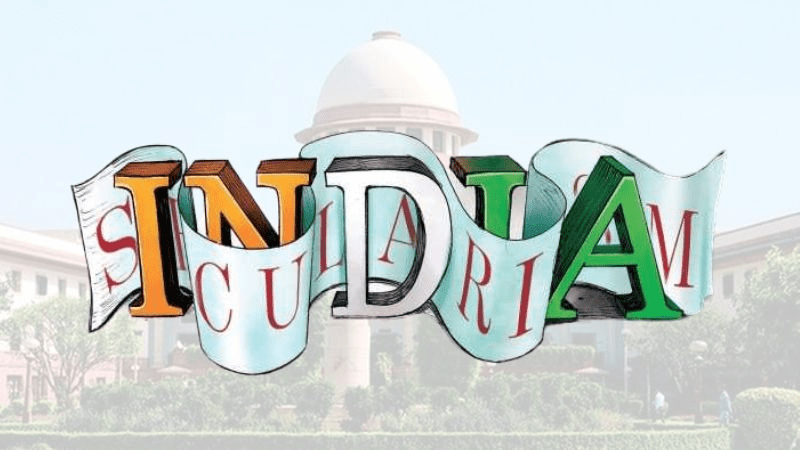
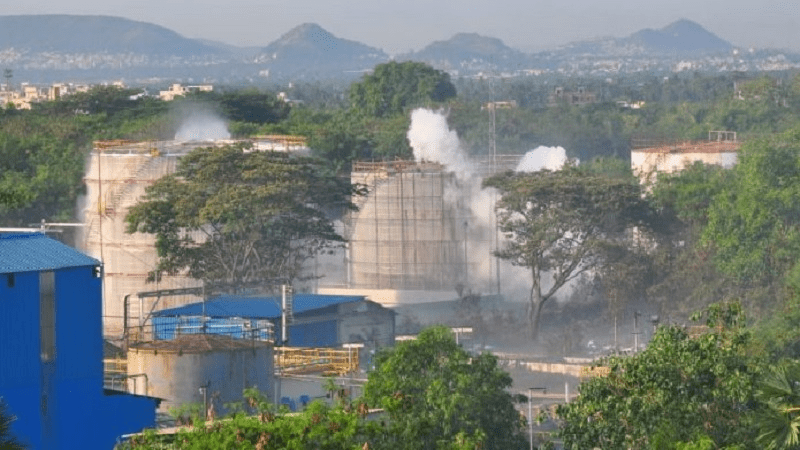
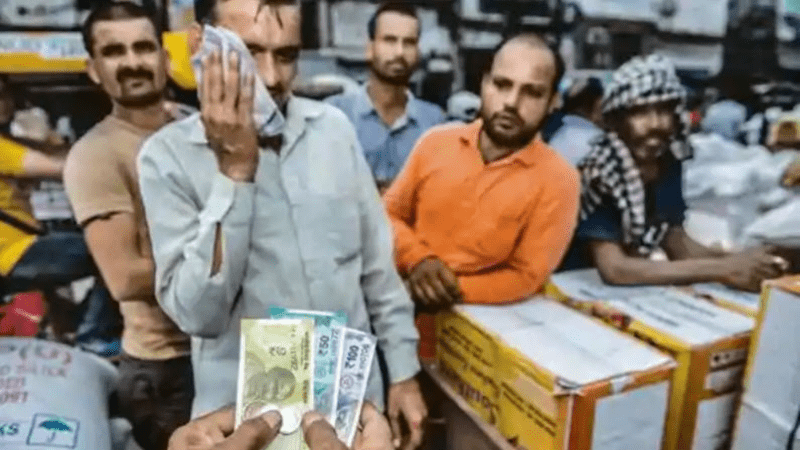




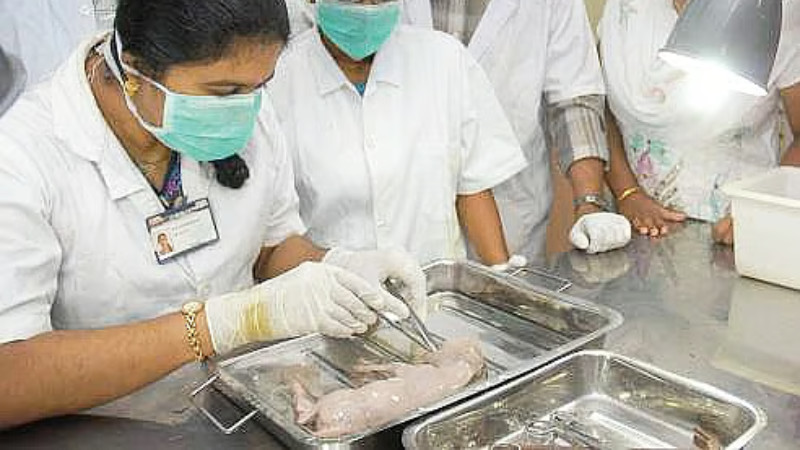
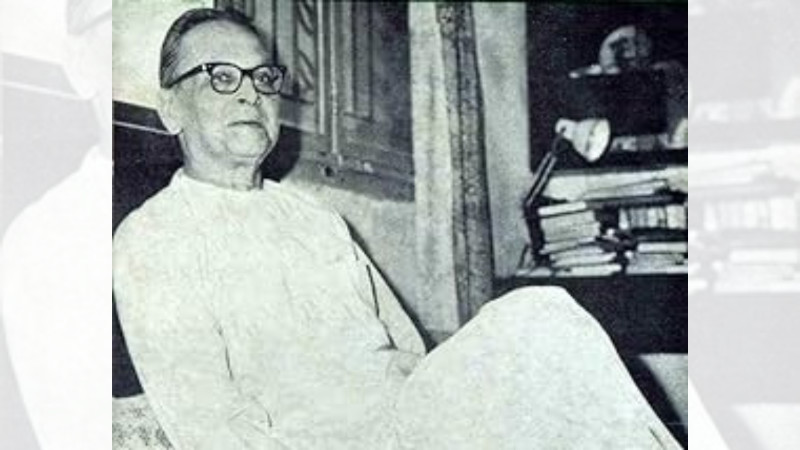
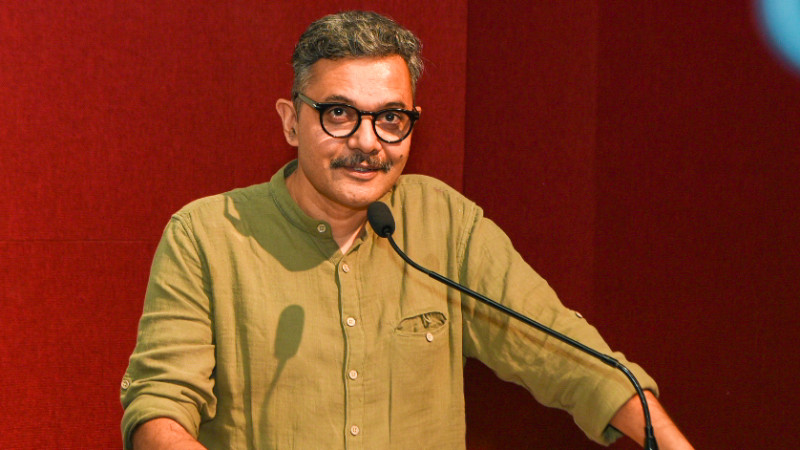
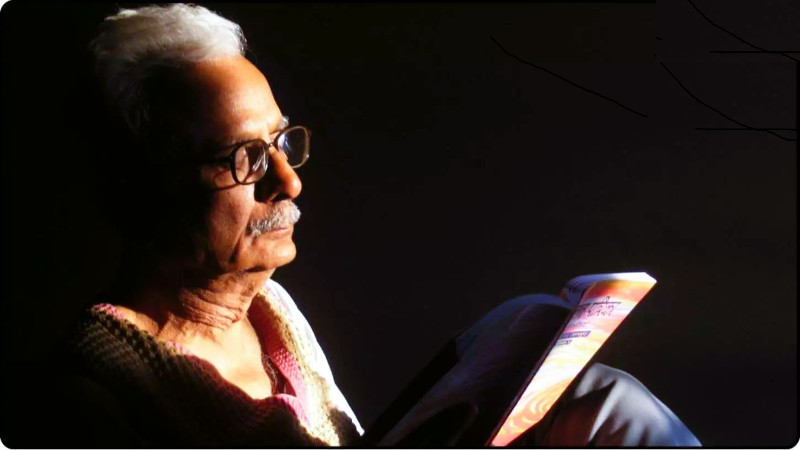
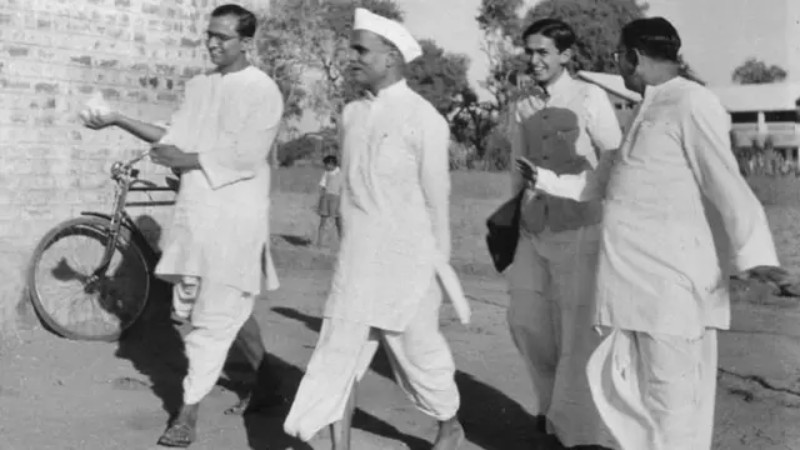
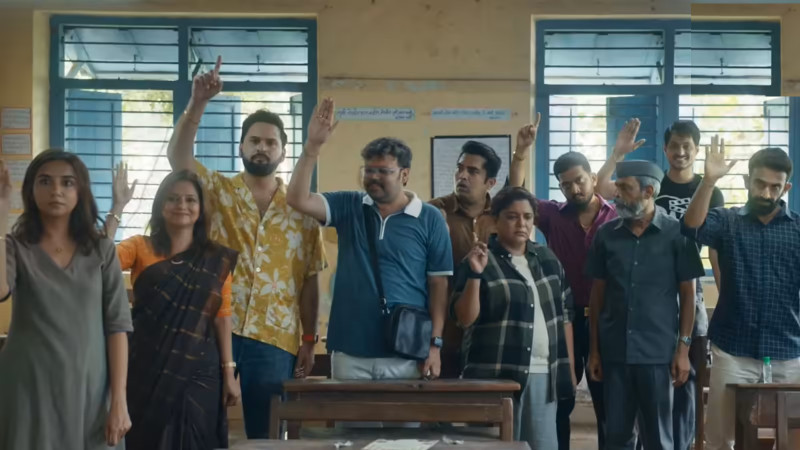
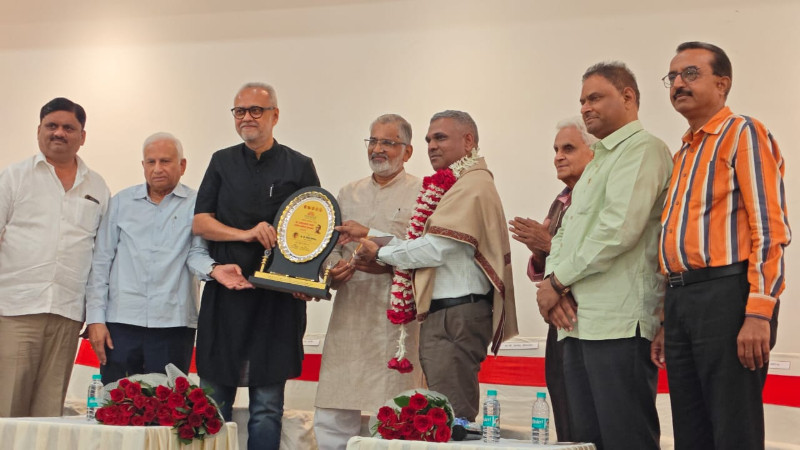
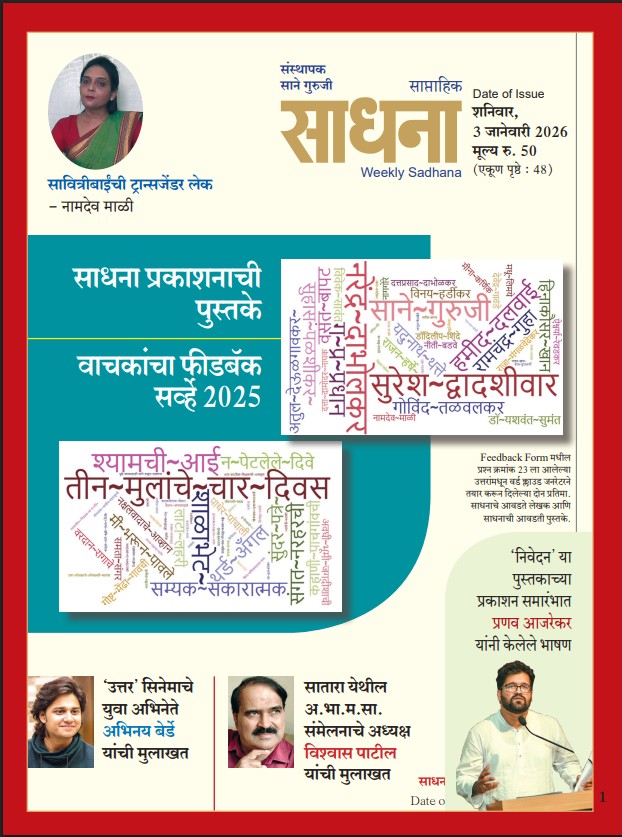













Add Comment